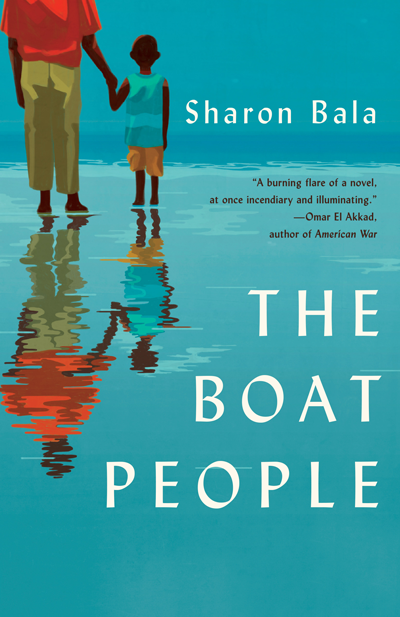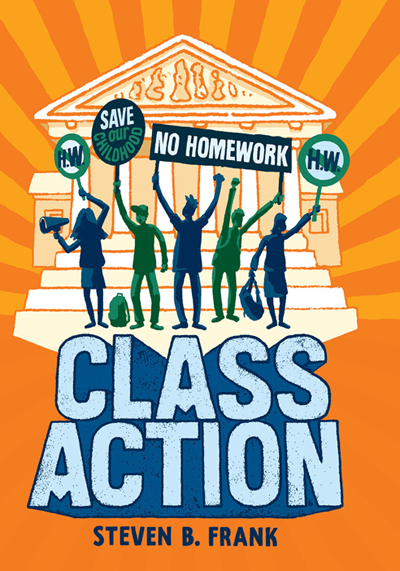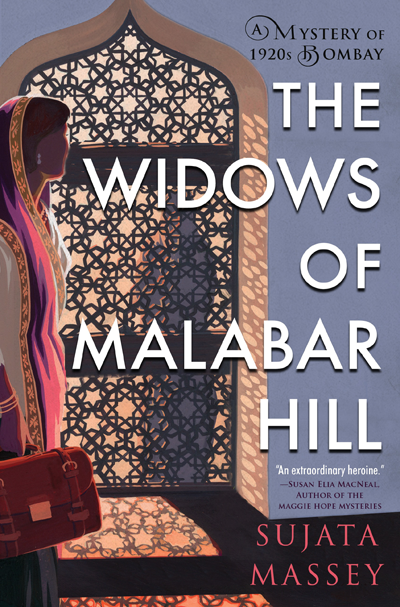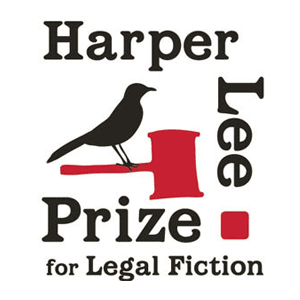Help select the winner of the 2019 Harper Lee Prize for Legal Fiction
The finalists for the 2019 Harper Lee Prize for Legal Fiction have been announced, and now readers will have a chance to weigh in. The books nominated for the ninth annual award are The Boat People, by Sharon Bala; Class Action, by Steven B. Frank; and The Widows of Malabar Hill, by Sujata Massey.
“This year’s Harper Lee Prize was particularly difficult to judge,” said Molly McDonough, editor and publisher of the ABA Journal. “We were evaluating so many gripping and compelling reads.”
The prize, which was authorized by the late Harper Lee, was established in 2011 by the University of Alabama Hugh F. Culverhouse Jr. School of Law and the ABA Journal to commemorate the 50th anniversary of the publication of To Kill a Mockingbird. It is given annually to a book-length work of fiction that best illuminates the role of lawyers in society and their power to effect change.
“The finalists represent the diversity of this year’s submissions, from a novel about Sri Lankan refugees seeking a new start, to the story of a trailblazing woman lawyer fighting for her clients in 1920s India, and finally a charming middle school book featuring a spunky student who goes to court after he’s suspended for protesting homework,” said McDonough. “The characters are as inspiring as they are engaging.”
The Harper Lee Prize for Legal Fiction will be awarded at an August ceremony at the Library of Congress in Washington, D.C., in conjunction with the National Book Festival. The winner will receive a copy of To Kill a Mockingbird signed by Harper Lee. The authors whose books have previously won the prize are John Grisham (in 2011 and 2014), Michael Connelly, Paul Goldstein, Deborah Johnson, Attica Locke, James Grippando and C. E. Tobisman.
Voting closes at 11:59 p.m. CT on Sunday, June 30.
The Finalists

The Boat People, by Sharon Bala: “When a rusty cargo ship carrying Mahindan and five hundred fellow refugees from Sri Lanka’s bloody civil war reaches Vancouver’s shores, the young father thinks he and his six-year-old son can finally start a new life. Instead, the group is thrown into a detention processing center, with government officials and news headlines speculating that among the ‘boat people’ are members of a separatist militant organization responsible for countless suicide attacks—and that these terrorists now pose a threat to Canada’s national security. As the refugees become subject to heavy interrogation, Mahindan begins to fear that a desperate act taken in Sri Lanka to fund their escape may now jeopardize his and his son’s chance for asylum.
“Told through the alternating perspectives of Mahindan; his lawyer, Priya, a second-generation Sri Lankan Canadian who reluctantly represents the refugees; and Grace, a third-generation Japanese Canadian adjudicator who must decide Mahindan’s fate as evidence mounts against him, The Boat People is a spellbinding and timely novel that provokes a deeply compassionate lens through which to view the current refugee crisis.” (Text from the publisher.)

Class Action, by Steven B. Frank: “NO. MORE. HOMEWORK. That’s what sixth grader Sam Warren tells his teacher while standing on top of his desk. He’s fed up with doing endless tasks from the time he gets home to the time he goes to sleep. Suspended for his protest, Sam decides to fight back. He recruits his elderly neighbor/retired attorney Mr. Kalman to help him file a class action lawsuit on behalf of all students in Los Angeles. Their argument? Homework is unconstitutional.
“With a ragtag team—aspiring masterchef Alistair, numbers gal Catalina, sports whiz Jaesang, rebel big sister Sadie and her tech-savvy boyfriend Sean—Sam takes his case to federal court. He learns about the justice system, kids’ rights, and constitutional law. And he learns that no matter how many times you get knocked down, there’s always an appeal…until the nine justices have the last say.
“Will Sam’s quest end in an epic fail, or will he be the hero who saves childhood for all time?” (Text from the publisher.)

The Widows of Malabar Hill, by Sujata Massey: “1920s India: Perveen Mistry, Bombay’s first female lawyer, is investigating a suspicious will on behalf of three Muslim widows living in full purdah when the case takes a turn toward the murderous. The author of the Agatha and Macavity Award-winning Rei Shimura novels brings us an atmospheric new historical mystery with a captivating heroine.
“Inspired in part by the woman who made history as India’s first female attorney, The Widows of Malabar Hill is a richly wrought story of multicultural 1920s Bombay as well as the debut of a sharp and promising new sleuth.” (Text from the publisher.)




